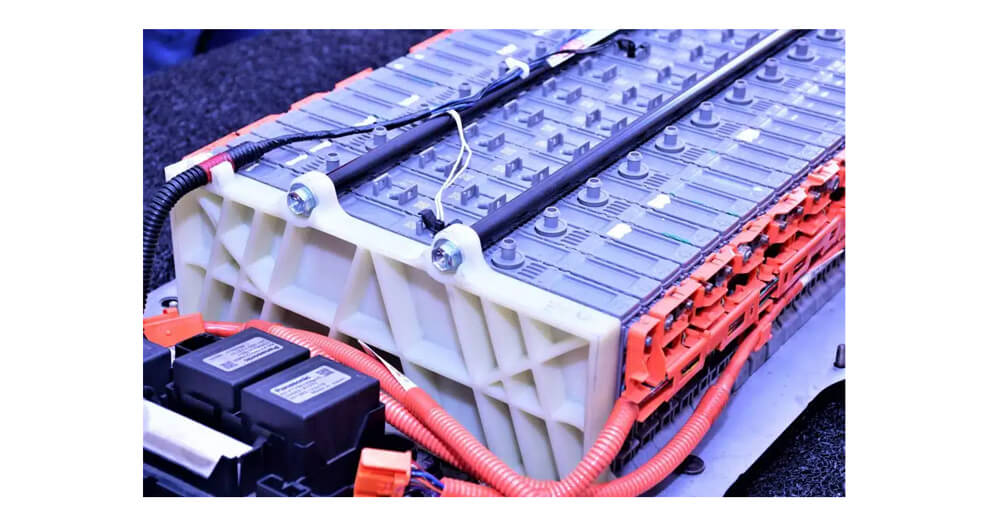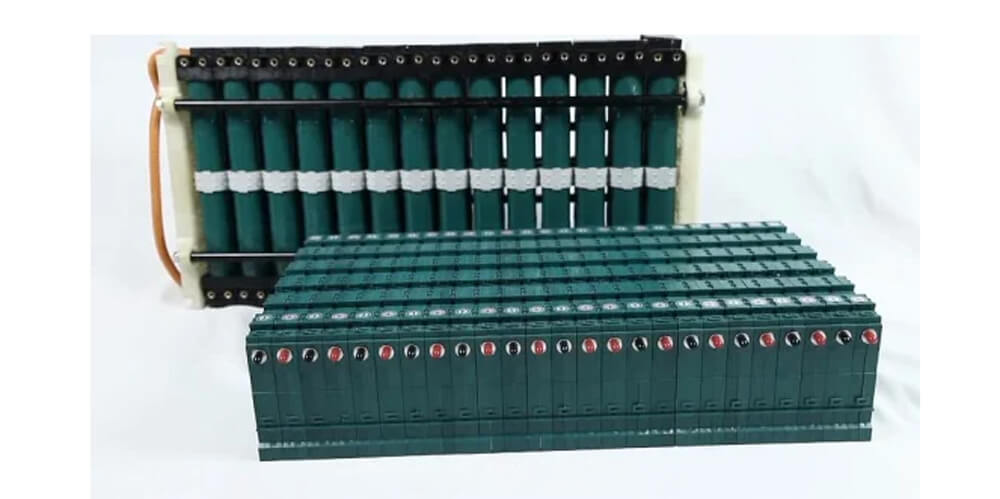Contents:
With the vigorous growth of more efficient and green energy storage systems, new technologies do not cease to appear. One such evolution is the hybrid battery core. This article elucidates the meaning of a hybrid battery core, its workability and importance in the present energy context.

Concept of a Hybrid Battery Core
The core of a hybrid battery refers to a battery structure that combines two or more battery technologies or any battery material into one. Such a combination seeks to improve the best features and minimize the downsides of the individual batteries. The core of hybrid batteries is created in order to enhance some of its performance indicators: energy density, life, charge rate and stability.
Types of Hybrid Battery Technologies
- The Lithium-Ion and Supercapacitor Combination: This is one of the most common hybrid battery cores. Lithium-ion rechargeable cells are adored for their high energy densities, but they take a long time to charge and their cycle lives are short. Supercapacitors on the other hand are fast in charging and discharging and have a longer lifespan but cannot hold a lot of energy. It can be concluded that the combination of the two merges into a battery system which follows by faster charge times, longer cycle life, and good energy storage.
- Nickel-Metal Hydride (NiMH) and Lithium-Ion Hybrid: A number of such systems are created using NiMH batteries in hybrid power systems and lithium-ion technologies to increase the storage of heat energy and deliver a reliable and stable output power simultaneously. They are quite safe and have a long life span while NiMH batteries are quite energy dense relative to other batteries or battery types.
- Solid-State and Liquid Electrolyte Mix: In this particular hybrid core, solid-state battery and liquid electrolyte cells are employed. Solid-state technology is promising in the field of energy storage due to its high safety and high energy density, while a liquid electrolyte might assist in the reduction of costs and increase design flexibility.
Key Benefits of Hybrid Battery Cores
- Increased Efficiency: When making hybrid cores drawing on various battery technologies, there is usually a lot more efficiency obtained than if a single type of battery was utilized. An example of this is the enhanced performance of the energy capacitor in conjunction with a lithium ion cell, where more cycles will be attained at relatively lower energy levels.
- Enhanced Lifespan: Such hybrids normally ease out many concerns associated with individual battery cells, thus improving the performance and durability of the entire system. Individual technologies can then work within their optimum areas so that there is minimal damage.
- Greater Flexibility: These hybrid core battery structures are very much applicable in various fields, thus they can be designed according to application needs for instance in EVs, energy storage, or electronic devices.
- Improved Safety: Safety can further be improved when matrices of technologies are utilized. An example is incorporation of solid state technology in hybrid battery cores as it minimizes the occurrence of overheating, leakage and thermal runaway, which are primary concerns in conventional lithium-ion batteries.

Applications of Hybrid Battery Cores
- Electric Vehicles (EVs): Hybrid battery cores increase EVs’ performance by improving energy storage capacity and enhancing the ability to charge quickly and increase driving distance. These advanced technologies allow the combination of battery work to eliminate the long charging time and enhance the consumers’ convenience with the electric vehicles.
- Renewable Energy Systems: Hybrid battery cores are helping in the solar and wind energy systems by making it easier to store the extra energy collected more efficiently. This helps to improve the integration of renewables to the grid and ensures constant power despite fluctuations from renewable sources.
- Consumer Electronics: Smartphones, laptops, wearables, and other devices use hybrid battery cores for better performance, including longer use time between charges, faster recharging, and enhanced safety for compact devices.
The Future of Hybrid Battery Cores
Given that the world continues pushing for the reduction of carbon emissions and embracing electric transportation, the utilization of latest battery technologies will increase. Hybrid battery cores show great promise as a leap towards better powered and multi-functional energy storage systems. More developments and innovation towards this end will probably lead to the development of hybrid battery cores which have no limitation and can apply to all sectors including transportation, energy, and electronics.
Lastly, hybrid battery cores serve as the future advancement to the drawbacks of conventional battery system. They offer better performance, safety, and service life over a battery system because of exploiting the best features of different technologies.







